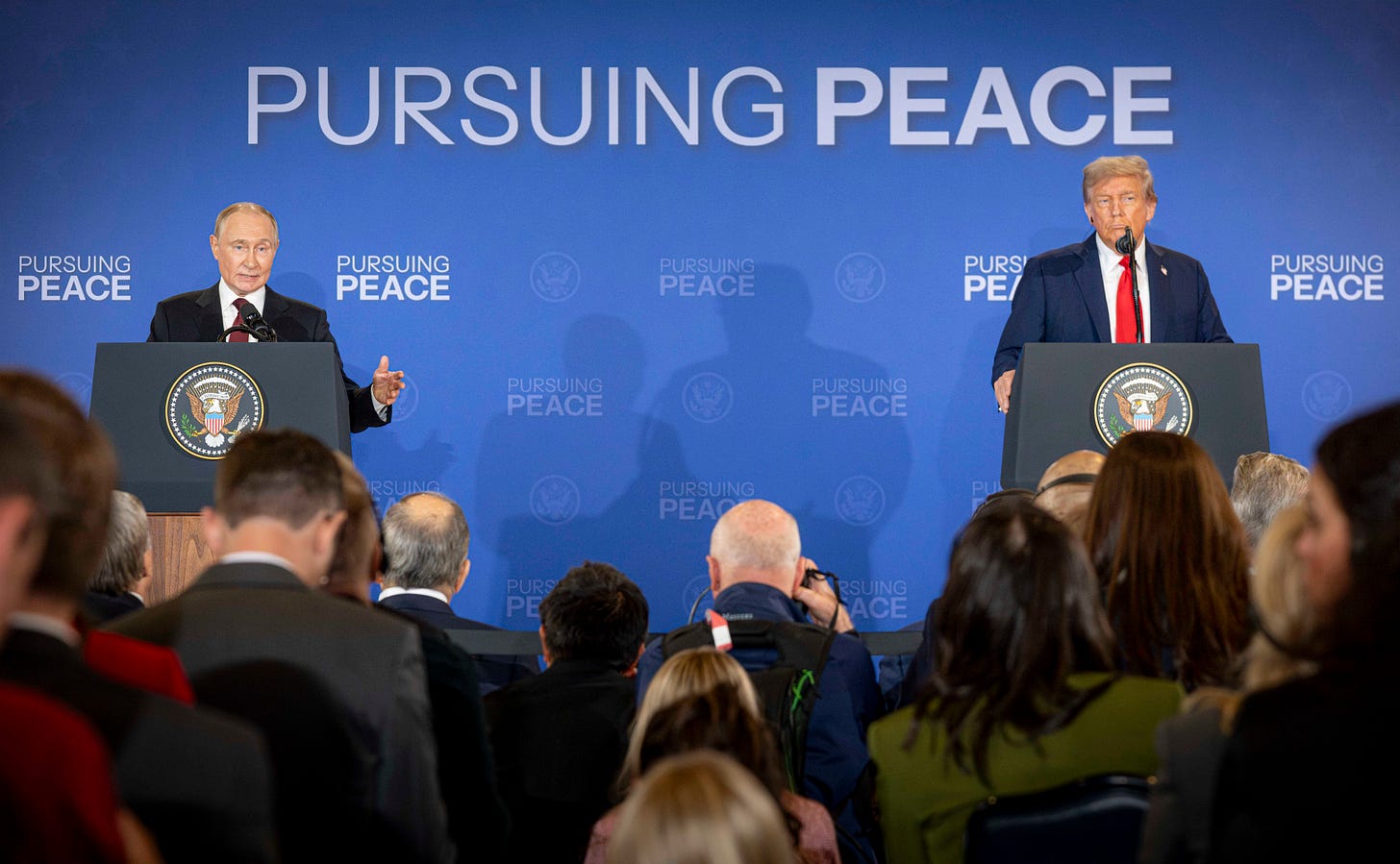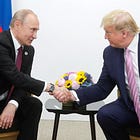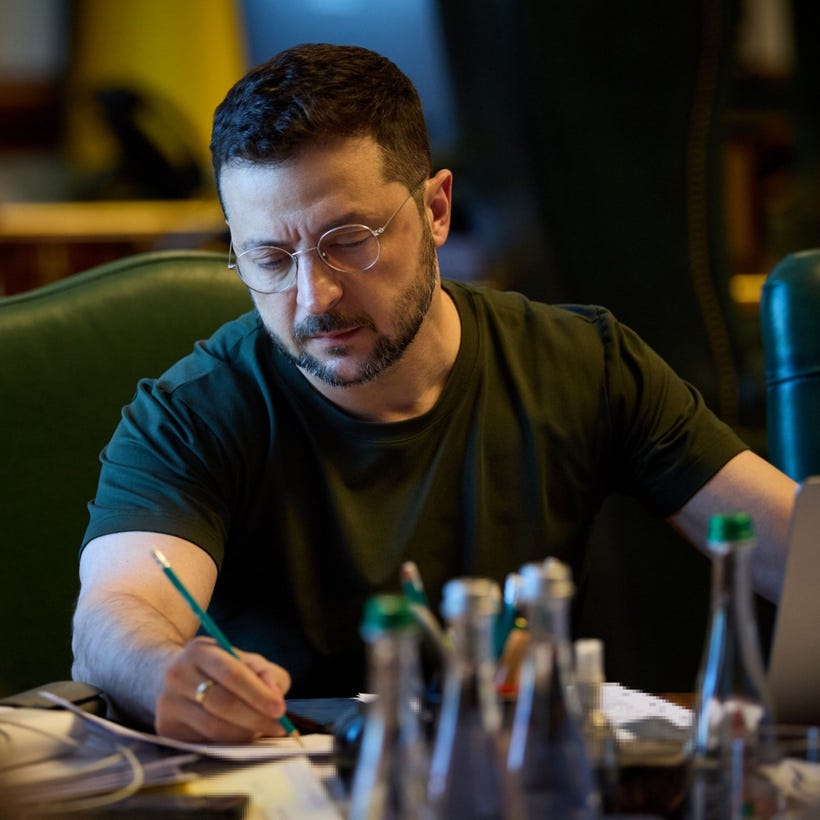Trump-Putin Talks in Alaska and Related Diplomatic Developments
The summit, which lasted approximately three hours, involved direct talks between the leaders, supported by translators and select aides from both sides.
US/Europe — On August 15, U.S. President Donald Trump and Russian President Vladimir Putin met at Joint Base Elmendorf-Richardson in Anchorage, Alaska, for discussions primarily aimed at addressing the ongoing conflict in Ukraine.
The summit, which lasted approximately three hours, involved direct talks between the leaders, supported by translators and select aides from both sides.
While both described the session as productive and constructive, no immediate ceasefire or concrete peace agreement was announced. Putin highlighted an unspecified agreement on certain points, and Trump noted alignment on multiple issues, with plans for further engagements.
The venue selection emphasized the geographical proximity between the U.S. and Russia, separated by the Bering Strait, and historical ties, as Alaska was formerly Russian territory sold to the United States in 1867. Putin arrived amid existing International Criminal Court warrants related to the Ukraine conflict, marking a significant diplomatic engagement after years of strained relations.
The meeting followed preparatory phone calls and was framed as a step toward resolving the war, though details remained limited during the joint press conference, where no questions were taken from reporters.
Ukrainian President Volodymyr Zelensky, excluded from the Alaska talks, participated in subsequent phone conversations with Trump and European leaders. He confirmed a scheduled meeting with Trump in Washington, D.C., on Monday, August 18, to discuss peace details, supporting a trilateral format involving Ukraine, the U.S., and Russia.
Zelensky stressed the necessity of direct Ukrainian involvement in decisions affecting territorial integrity and security.
European leaders, including those from France, Italy, Germany, the U.K., Finland, Poland, Portugal, and the European Commission, issued a joint statement welcoming Trump's efforts but insisting on ironclad security guarantees for Ukraine.
They emphasized no border changes by force, continued sanctions on Russia, and readiness for trilateral discussions to achieve a just and lasting peace.







